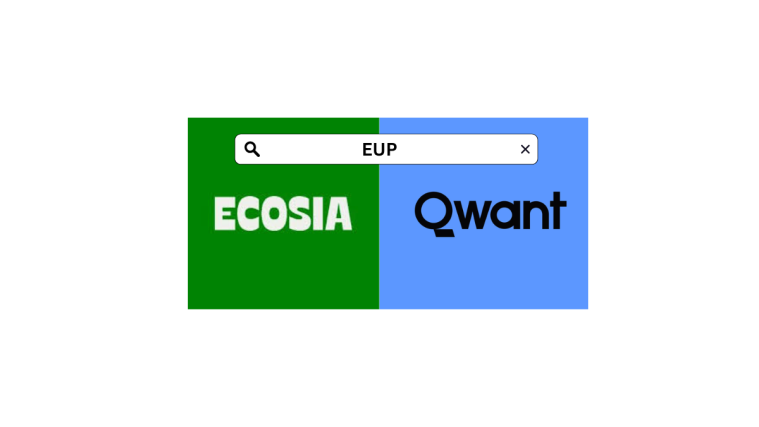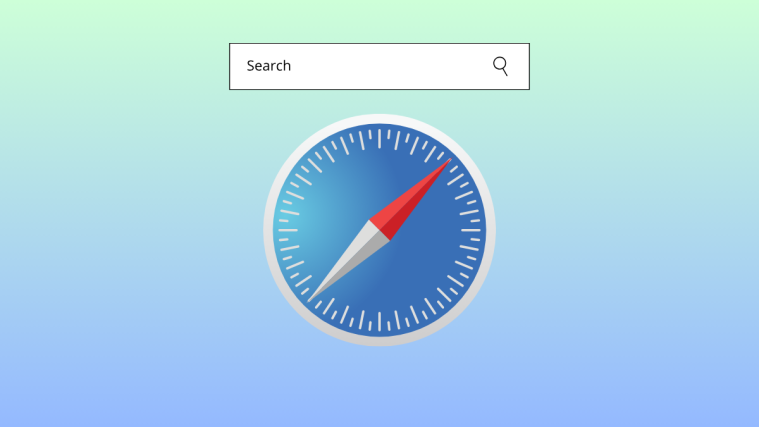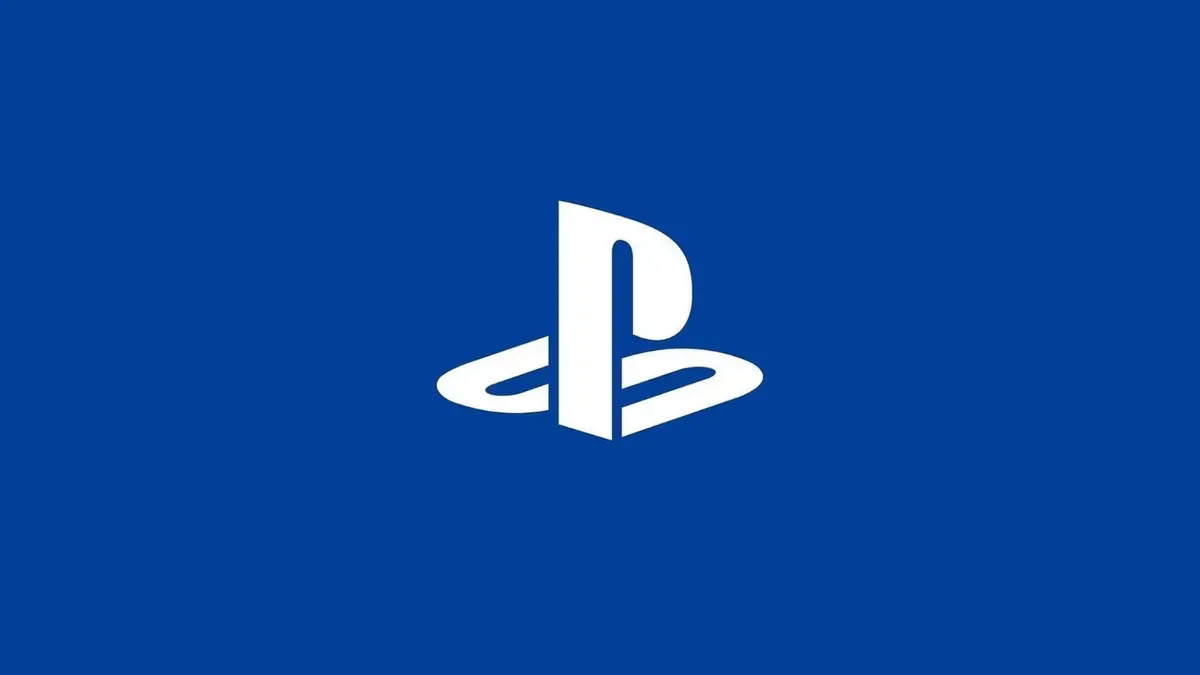What to know:
- Ecosia and Qwant have partnered to create European Search Perspective (EUP), aiming to build their own search index and reduce dependence on Big Tech companies.
- The joint venture will launch in France by early 2025, followed by Germany, with plans to expand to English-language searches later.
- Both companies will maintain a 50-50 ownership split in EUP, which will operate independently and be headquartered in Paris.
In a groundbreaking move to challenge Big Tech dominance, two European search engines have joined forces to create their own search infrastructure. Berlin-based Ecosia, known for its tree-planting initiatives, and France’s privacy-focused Qwant have announced their partnership to build a European search index.
The collaboration comes as both companies seek to break free from their current reliance on Microsoft’s Bing and Google’s search APIs. Rising costs and concerns about technological independence have driven this strategic alliance as reported by TechCrunch.
The new venture, European Search Perspective (EUP), will kick off operations in France during the first quarter of 2025, followed by expansion into Germany by year-end. The project aims to serve improved French and German language search results initially, with English-language capabilities planned for future development.
Olivier Abecassis, who will serve as CEO of both Qwant and EUP, emphasizes that this partnership isn’t about opposing U.S. companies but rather ensuring European technological sovereignty. The venture will transfer Qwant’s engineering team and existing search index development efforts to EUP.
The partnership brings together two companies with complementary values – Ecosia’s focus on environmental sustainability and Qwant’s commitment to user privacy. Together, they serve over 26 million monthly users globally, providing a solid foundation for their ambitious project.
This European initiative arrives at a crucial time when concerns about digital sovereignty and data independence are mounting. The project has gained additional momentum from the EU’s Digital Markets Act, which requires major tech platforms to provide fair access to their services.





